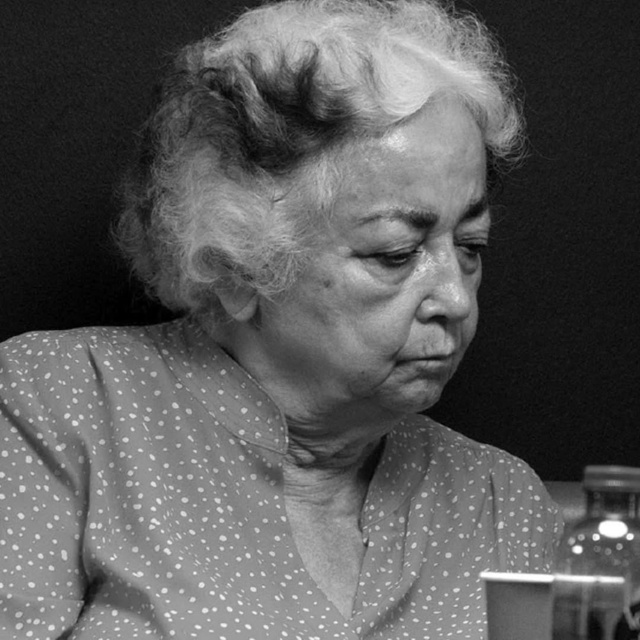Although her exile brought safety, it also brought loneliness. Much of her later work deals with the pain of cultural separation and the persistence of memory. Despite living far from Tehran, Parsipur has remained an essential voice for women, bridging the gap between those inside and those in the diaspora. Her influence reaches far beyond literature — she has inspired artists, filmmakers, and feminists who see her as a pioneer of intellectual courage.
Parsipur’s philosophy centers on the idea that freedom begins with self-knowledge. Her characters discover liberation not through rebellion alone, but through inner transformation. She often says that the greatest prison is the mind — and that breaking its walls requires imagination, empathy, and the courage to tell one’s story. Today, she stands as one of the most important novelists of the 20th and 21st centuries — a woman who turned pain into poetry, and censorship into creation.


